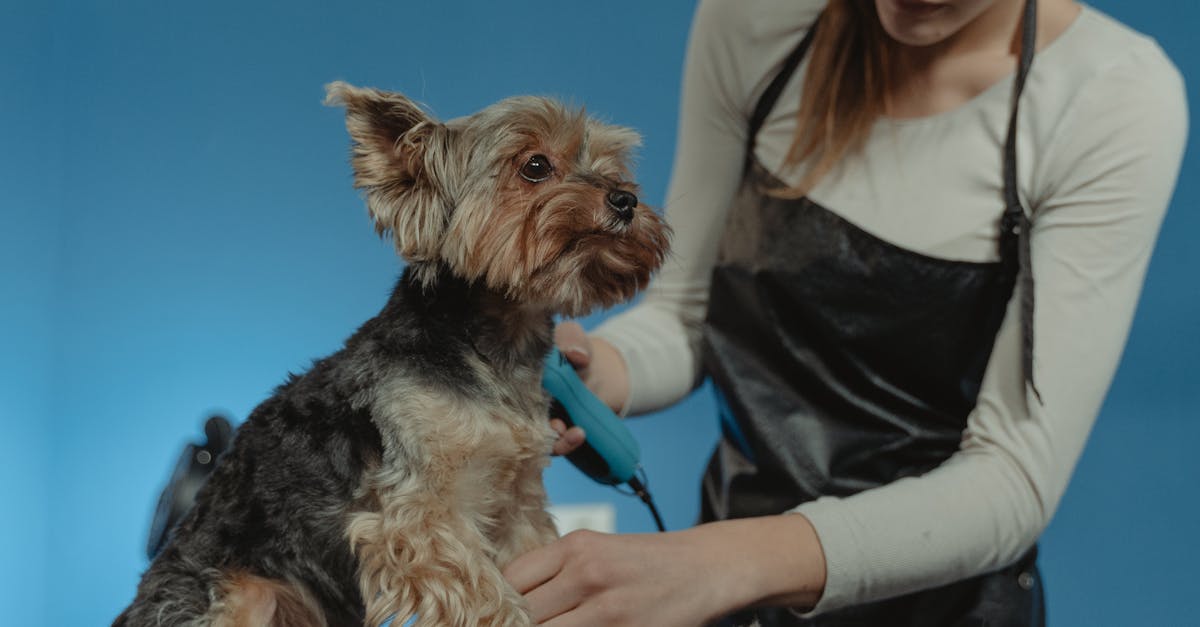
Natural Flea Treatment For Dogs
- October 03, 2024
- 4 min Read
- Views 166
Natural Flea Treatment for Dogs
Fleas are tiny, resilient pests that can cause significant discomfort and health issues for our beloved canine companions. As pet owners increasingly seek more holistic and chemical-free solutions, the demand for natural flea treatment for dogs has been on the rise. Natural remedies not only help to avoid the potentially harmful side effects of chemical treatments but also contribute to a healthier ecosystem. In this guide, we will explore various methods of natural flea control, offering solutions that are safe, effective, and environmentally friendly.
Understanding Fleas and Their Impact on Dogs
Fleas are more than just a nuisance. These tiny parasites feed on your dog's blood, leading to itching, irritation, and even allergic reactions. In severe cases, flea infestations can cause anemia, particularly in puppies or older dogs. Furthermore, fleas can transmit tapeworms and other diseases, potentially jeopardizing your dog's health. Understanding the lifecycle of fleas can help in breaking their cycle and effectively eradicating them.
Effective Natural Flea Treatment for Dogs
Implementing a natural flea treatment for dogs involves a combination of methods that target fleas in each stage of their lifecycle. Here are some popular natural remedies:
Essential Oils
Essential oils like lavender, peppermint, and eucalyptus are powerful flea repellents. Dilute a few drops with water or a carrier oil, and then apply it sparingly on your dog’s collar or bedding. Remember to avoid direct skin contact and consult your vet to ensure these oils are safe for your dog's specific health conditions.
Apple Cider Vinegar
Apple cider vinegar (ACV) is a versatile and natural flea deterrent. Its acidity makes your pet's skin less appealing to fleas. Add a teaspoon of ACV to your dog’s water bowl, or mix it with water in a spray bottle to spritz lightly over your dog’s coat. ACV also helps maintain a healthy skin pH balance.
Diatomaceous Earth
Diatomaceous earth (DE) is a non-toxic powder made from the fossilized remains of tiny aquatic organisms. It can be sprinkled on carpets, pet beds, or directly onto your pet's fur to kill fleas by dehydrating them. Ensure the DE is food-grade, as non-food-grade can be harmful if inhaled.
Preventing Flea Infestations Naturally
Prevention is crucial when managing fleas. Here are some natural strategies to prevent fleas from taking hold:
Regular Grooming
Consistent grooming with a flea comb helps remove fleas and their eggs. Pay attention to the neck and tail area where fleas tend to congregate. Regular baths with a gentle, flea-repelling shampoo can significantly reduce the chances of infestations.
Maintaining a Clean Environment
Regularly vacuuming your home, washing your dog’s bedding, and cleaning upholstery are essential. Fleas thrive in warm, humid environments with plenty of places to hide. Consistent cleaning disrupts the flea's reproductive cycle and reduces populations in your home.
Natural Flea Collars and Medallions
Consider using natural flea collars or medallions that emit a flea-repelling scent. These products are infused with herbs or essential oils such as citronella or cedarwood, providing a gentle deterrent without harsh chemicals.
Guide to Implementing Natural Flea Treatments for Dogs
- Assess the Severity: Choose your approach based on the flea infestation level.
- Select Treatments: Combine treatments such as DE for the home and ACV for the pet.
- Consult Your Veterinarian: Always check with a veterinarian to tailor the treatment effectively.
- Implement Regularly: Consistency is key. Apply treatments as recommended for optimal results.
- Monitor and Adjust: Track your dog’s response to treatments and make necessary adjustments.
Frequently Asked Questions
Are natural flea treatments as effective as chemical products?
Natural flea treatments can be highly effective, especially when used consistently and in combination with preventive practices. However, severe infestations may require a comprehensive approach that could include traditional treatments.
Can essential oils be harmful to dogs?
Yes, some essential oils can be toxic to dogs if used improperly. Always dilute essential oils and consult your veterinarian before use.
How long does it take for natural flea treatments to work?
The effectiveness of natural flea treatments can vary. Regular application over weeks is typically necessary to disrupt the flea lifecycle and achieve desired results.
Is apple cider vinegar safe for all dogs?
Generally safe, but it is always advisable to introduce it gradually and consult a veterinarian, particularly if your dog has pre-existing health issues.
Tags
- Natural Flea Treatment
- Flea Control
- Dog Health
- Essential Oils for Dogs
- Eco-Friendly Pet Care
References
People Also View
-
1October 01, 2024
-
2October 03, 2024
-
3October 13, 2024
-
4October 09, 2024
-
5October 13, 2024
Categories
- Near Me 2147 Posts
- How To 548 Posts
- Where To 257 Posts
- Why 90 Posts
- How Much 97 Posts
- Travel 202 Posts
- Food And Drink 815 Posts
- Shopping 797 Posts
- Lifestyle 1050 Posts
- Automotive 364 Posts
- Digital Income 70 Posts








